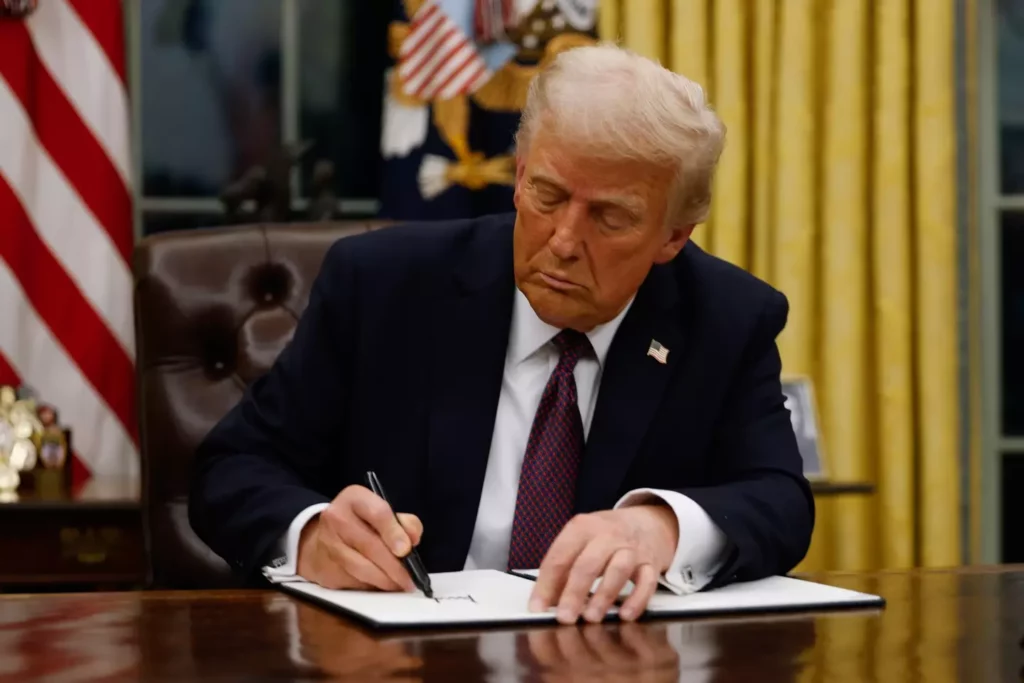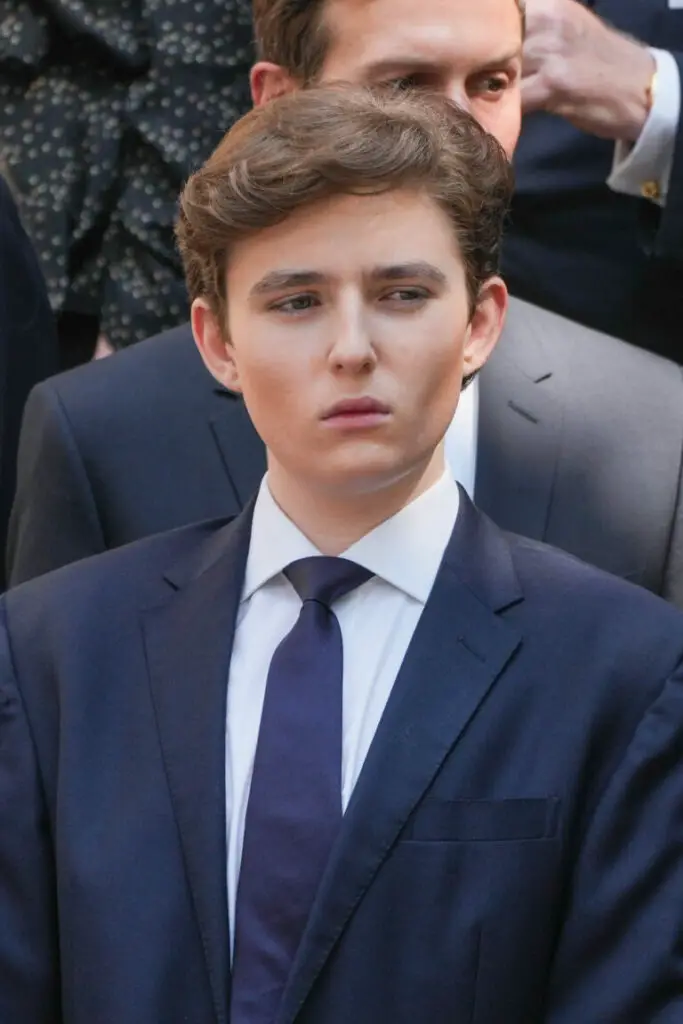The first moments in office for President Trump started with signing executives orders, among which the delay of the TikTok ban, withdrawal from the Paris Climate Agreement and the World Health Organization, as well as the one that ends birthright citizenship.
Birthright citizenship represents a legal principle enshrined in the Constitution that grants American citizenship to anyone born on the territory of the country.
Trump aims at denying citizenship to the children of illegal immigrants or people who are in the country on temporary visas. It would apply to those born after February 19, and will not apply retroactively.
As per the BBC, implementing Trump’s plan is easier said than done.

In fact, in order for the legal principle that grants birthright citizenship to change, it would require a two-thirds vote in both chambers of Congress.
On Thursday, U.S. District Judge John Coughenour temporarily blocked the order, dubbing it “blatantly unconstitutional.”
Civil rights organizations will likely mount lawsuits, arguing that the policy violates the Equal Protection Clause of the 14th Amendment.
Twenty-two states, together with San Francisco and the District of Columbia, have filed lawsuits against the federal government, challenging the executive order.
Would this executive order affect Trump’s youngest son, Barron Trump, in any way, many questioned.

The answer is no, because when Barron was born in Manhattan in 2006, he became a US citizen by birth. At the time, his Slovenian-born mother, Melania Trump, was a lawful permanent resident who has held a green card since 2001.
His father, as we all know, is a ‘natural-born US citizen.’
Some of the executive orders Trump signed shortly after his inauguration would face legal challenges, including the one to end birthright citizenship.
This raised the question about the scope of presidential authority.
Please SHARE this article with your family and friends on Facebook.
Bored Daddy
Love and Peace
